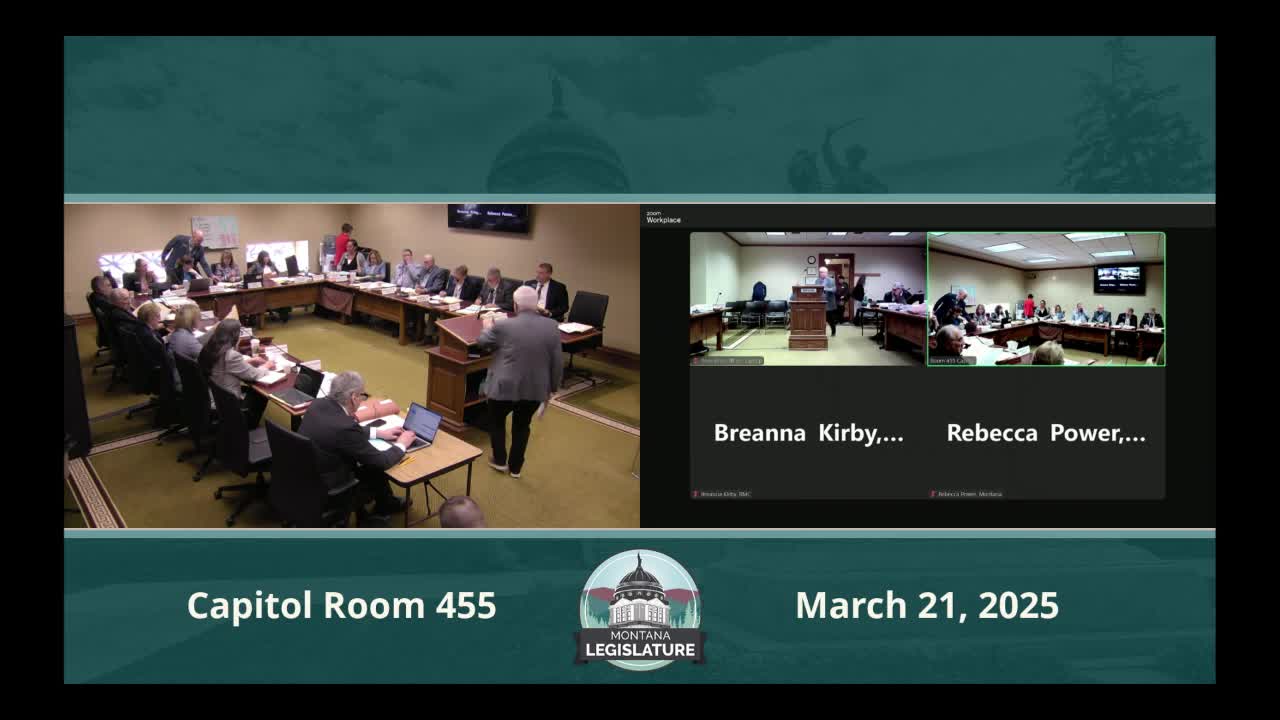Clerks press for earlier petition turn‑ins; opponents warn new burden on volunteers and electors
Get AI-powered insights, summaries, and transcripts
Subscribe
Summary
Senate Bill 226 would require petition pages to be submitted to county election officials at least every 30 days after the date on which the first signature was collected on each page.
Sen. Mike Cuff told the committee Senate Bill 226 aims to avoid large last‑minute deliveries of ballot‑petition pages by requiring petition pages to be turned in to county election officials at least every 30 days after the date of the first signature on each page.
County election administrators described the 2024 petition cycle as an operational crisis: Ravalli County Election Administrator Regina Plettenberg and others said several large, last‑minute deliveries (boxes of stapled petition pages) overwhelmed county staff and temporary workers and risked missing statutory deadlines. Plettenberg told the committee staff had to unstaple thousands of pages and deploy additional county resources to meet certification timelines.
Secretary of State representative Austin James supported the clerks' proposal and said staggered, periodic turn‑ins protect the integrity of the verification process: "When you dump that on election officials, it just simply... can't happen well," he told the panel.
Opponents from the ACLU, initiative organizers and long‑time petition advocates warned the bill would impose heavy administrative burdens on volunteer‑run campaigns and could disenfranchise electors. Attorney Jonathan Motl argued that an elector who validly signed a petition should not lose that constitutional right because the sponsoring committee turned in the page late; he proposed targeting penalties at the ballot committee (campaign) rather than striking electors' signatures. ACLU counsel S.K. Rossi and organizer Mark Mackin described logistical challenges for volunteer circulators and urged a compromise timetable (for example, a single earlier turn‑in deadline about halfway through the gathering period) rather than rolling 30‑day windows.
Committee members discussed potential amendments and compromises. Several clerks said they would accept a compromise that produced a steady stream of submissions rather than a strict 30‑day rolling requirement. The committee did not take action at the hearing.
